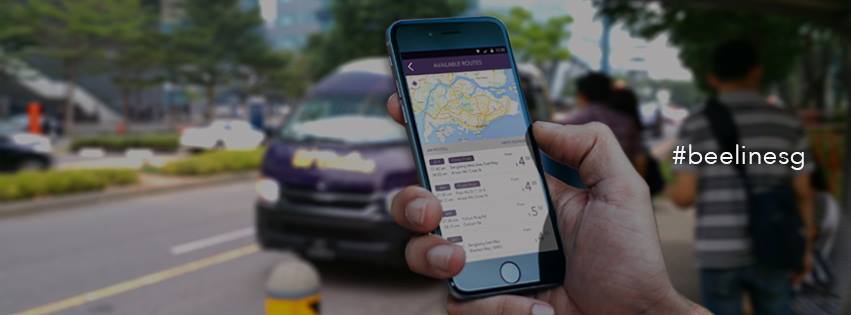Those who wish to travel abroad for holiday or wish to reunite with their loved ones can soon see their dream come true as personal and leisure travel will resume from the second half of this year as borders reopen, said the director of the International Air Transport Association (IATA).
Speaking to the Straits Times (ST), Alexandre de Juniac pointed out that recovery in business travel will unfortunately be slower, and the actual volume of travel by end of 2021 will still be lower compared to pre-COVID-19 days in 2019.
“We will likely start seeing a change in the air travel landscape after May or June this year,” he said.
He added, “We at IATA are already working with states to design and plan protocols and road maps for the reopening of borders.”
Some of the things under these protocols include IATA’s Travel Pass, a mobile health verification app which electronically keeps a traveller’s vaccination history and COVID-19 test results for cross-border safety checks.
Singapore Airlines (SIA) announced that it is the first to test the IATA Travel Pass on flights from Singapore to London.
Starting Monday, travellers using Apple iOS-phones will be able to download the Travel Pass app and create a digital identification using their photo and passport details.
They can then submit their flight information and book a slot for COVID-19 test at one of seven designated clinics in the country. The test results can be assessed directly on the app. Following that, check-in staff at Changi Airport will verify their status on the app. This fastens the check-in process, SIA noted.
However, due to the current regulations, travellers are still required to carry a physical copy of their health certificate issued by the testing clinic.
Personal travel to bounce back faster than business travel
Mr de Juniac stated that IATA is planning to work with 33 states and territories around the globe on border reopening and international flights.
He added that the demand for air travel is high right now. “You never appreciate what you had until you lose it. People are hungry to be free again, to travel again.”
He also said that leisure and personal travel will happen more quickly than business travel.
“Personal travel will definitely bounce back, but business travel will take another 12 to 18 months to recover,” he said, adding that many firms have embraced digitalisation technologies over the last one year to connect and continue business.
While borders will slowly open, the IATA director noted that the passenger traffic volume will continue to be low this year compared to pre-COVID-19 period, but will be better than in mid-2020.
“Governments in many countries are cautious and remain in emergency mode amid the emergence of new COVID variants. They have to manage their domestic circumstances first,” he said.
However, he noted that IATA along with the International Civil Aviation Organisation (ICAO) will speed up the protocols for safe air travel.
“We are working with our partners on vaccination, testing and safe air travel measure,” Mr de Juniac said.
When asked on what the new normal in aviation will look like, Mr de Juniac explained: “In the short and medium term, there will be fewer actors (airlines) and smaller planes. Airlines which survived the crisis will be more competitive, having dramatically cut costs and scaled down.
“We will still have full-service and low-cost segments, but full-service carriers will not see business and long haul coming back for a while.”
However, he said there would not be much consolidation in the industry as well. “Given the acute cash shortage in the industry, airlines will not be able to simply go out and buy competitors. More so when states have doled out taxpayers’ money into bailouts of airlines. They are unlikely to simply sell off.”
He went on to state that one of the important lessons taken from this crisis is that the industry needs to make its financial management stronger.
“Ironically, having dealt with previous health scares like Sars and Ebola, airlines were best prepared for this crisis. We had the tools.
“But the unprecedented global nature of the crisis showed that we were not prepared enough. We need more cooperation and collaboration amongst various partners, including governments and regulators,” said Mr de Juniac.





